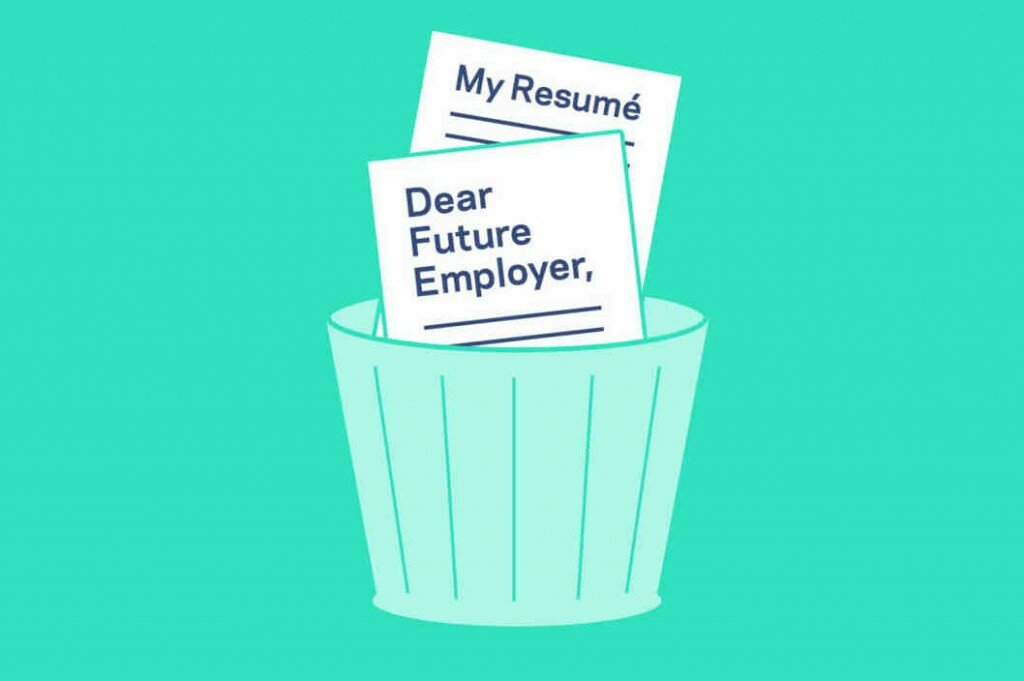It’s a fact. Technology is now making hiring decisions. This means when you apply for a job, software is screening your job application, deciding if you’re a potential candidate and grading your suitability for that role. Companies use resumé scanning technologies to save them time. They don’t have the hours in the day to review hundreds and hundreds of resumés so they use scanning software to do all the hard work. If companies are leveraging this technology, then you need to be too if you want to stand out and beat tech at its own game.
What is resumé scanning software?
It’s a software program designed to weed out weak resumés. In other words, it separates the wheat from the chaff. With 200+ hopefuls applying for any given graduate program, internship or generalist role, employers just don’t have time to deal with the volume. It filters out anyone who doesn’t have the right keywords for the position. It doesn’t matter if you have all the right experience for the job because the scanning software is only looking for those keywords. Worried? Well you should be if you don’t understand how keywords work. If you want a job then you need to be tech savvy and one step ahead of that screening technology.
What are keywords and where do I find them?
Your ‘keywords’ are the specific words that relate to the job and also the words employers and recruiters use to find you online. It’s just like a Google search – someone types in specific words and up comes a list of suitable matches. With scanning software, employers can generate a list of candidates who have the right keywords. If you use one of the many online job boards like Seek, Spot Jobs, MyCareer or Freelancer.com, employers looking to hire will use keywords to find the right person for the job. This also applies for LinkedIn. It’s paramount that your headline, summary and experience list the right keywords or you won’t come up in a recruiter or employer’s search. You may as well be sitting in the dark with a paper bag over your head because no-one will ever find you.
The secret to finding the right keywords is in the job advertisement or position description. Firstly, have a look at the ‘must have’ attributes as this is where most of your keywords will be. Take note of any specific software or experience and then list these words several times throughout your documents or online profile. Keywords can also be job titles or soft skills, so if they’ve mentioned things like ‘problem solver’ or ‘team player’, mention these skills too. Each job will be different so keep this in mind each time you apply for a role.
Getting noticed online
In 2014, tech savvy job seekers have some great technologies to showcase their skills and set themselves apart from the dull and boring. On LinkedIn you can network and connect with potential employers and recruiters and write a career profile to promote your experience. If you’re looking to create something more colourful and interactive to give you that edge, Trumpet Page offers a digital CV builder which is just like a mini website for your career.
Job interviews are changing with Skype and FaceTime eliminating the need for in-person interviews. Video interviews are also gaining traction with many companies using RecruitLoop, TalentVX and Vieple to handle their remote and first-round interviews. With these platforms, applicants log-in and respond to a series of structured questions. Usually, you only get a few seconds to prepare before you record your response so this method can be challenging for many of us. Thinking on the fly isn’t for everyone. But if you really want to get a hiring manager’s attention, be a little ballsy and make your own YouTube video to market yourself and post links to your social media.
Use technology to gain the upper hand
Job seekers who use their initiative along with technology in their job search will have the better chance of getting noticed in a very crowded online space. LinkedIn has made it easier than ever to connect with professionals globally, Trumpet Page helps you show off your career in the best possible light to employers and recruiters, Skype and FaceTime can effectively screen and engage people remotely and YouTube is a great marketing tool for your personal brand.
Whatever platform or technology you decide to use in your job search, the chances are recruiters and employers will also view your resumé, online profile, digital CV or video on a mobile device, so make sure it’s reader friendly in all modes of communication.
Bronwen Kaspers is the CEO and Founder of Trumpet Page, a company that provides you with the tools needed to create a digitally optimised resumé with the goal of getting you noticed by employers in the hyper-competitive environment of job seeking.

















No Comments